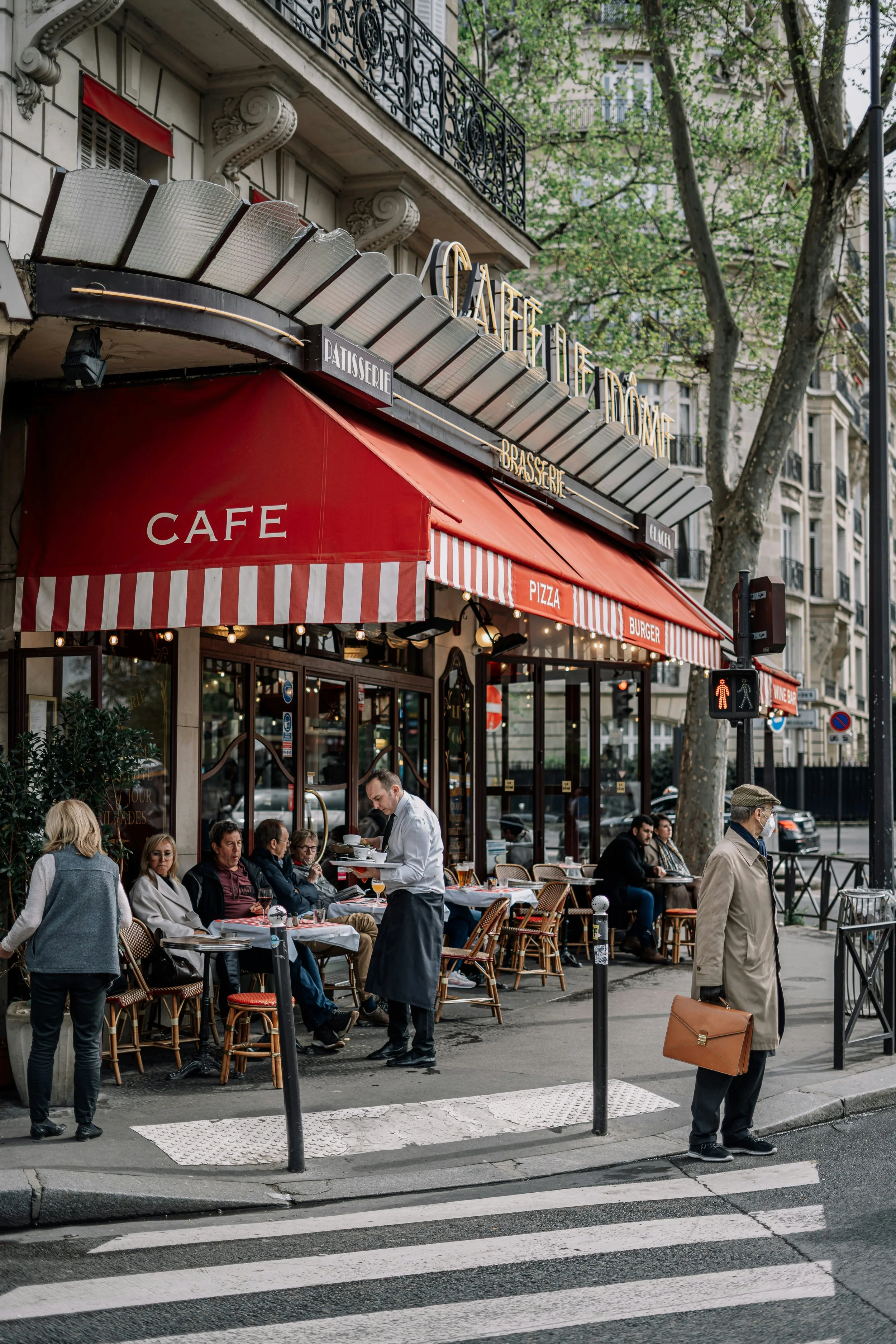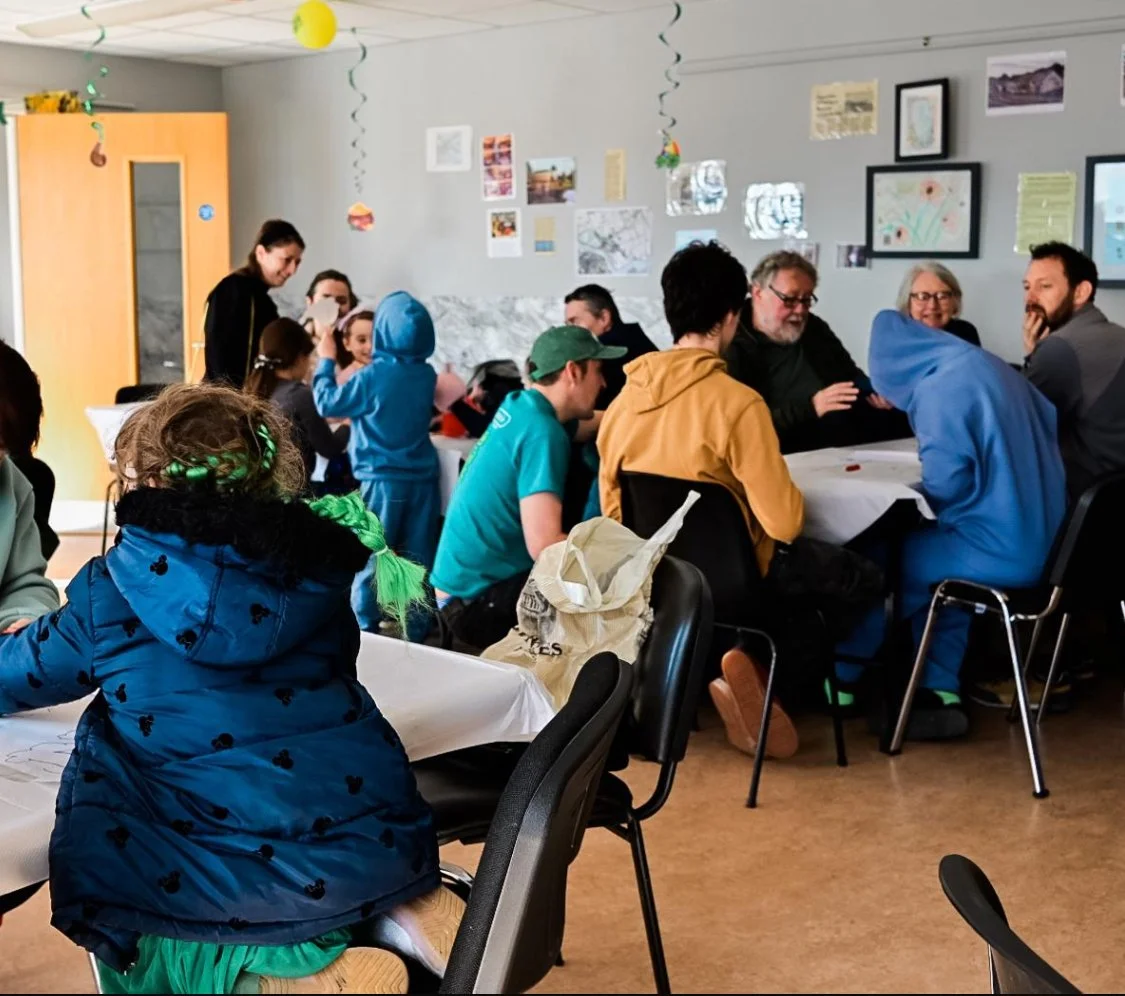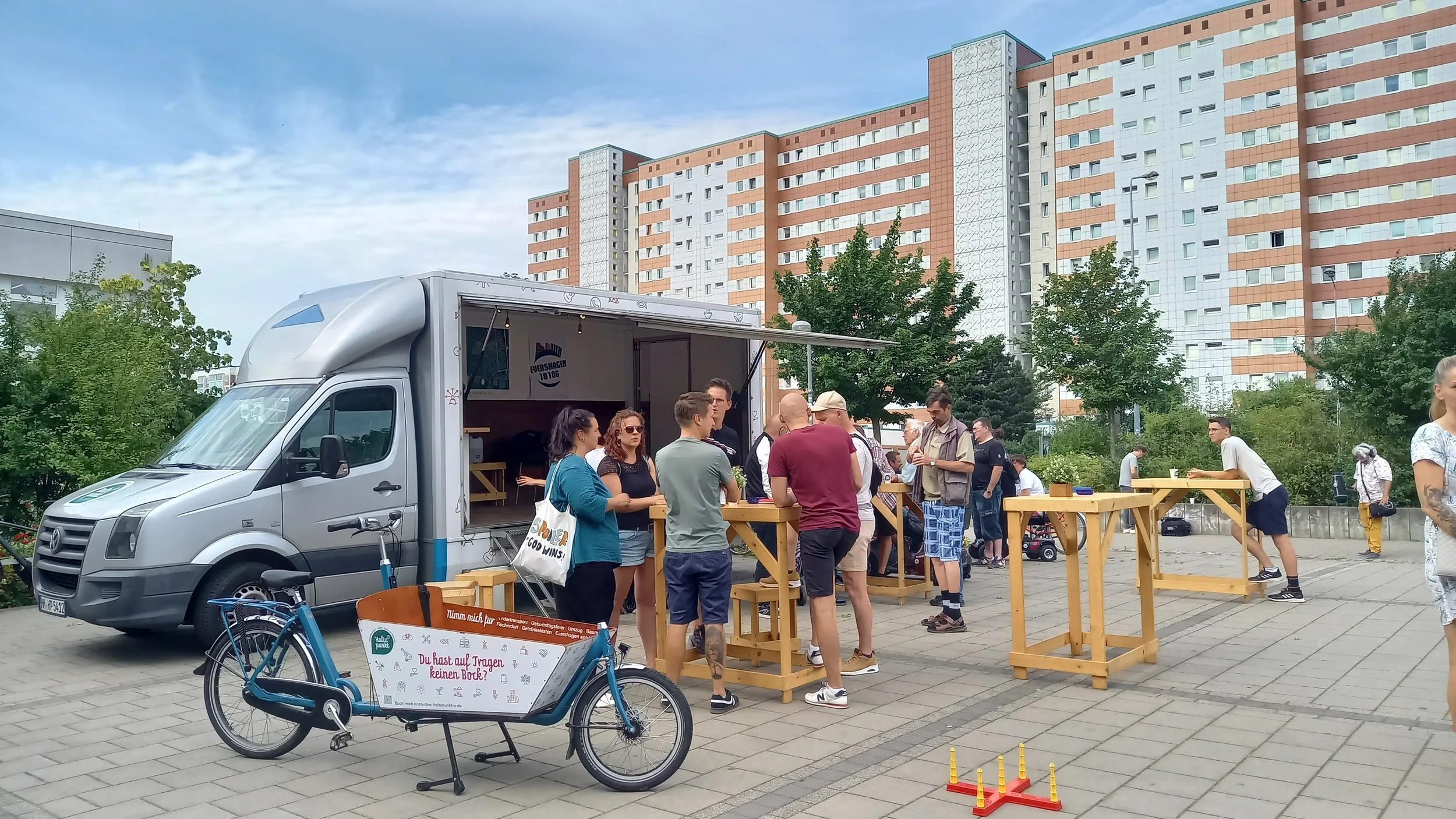Facing the challenge of communicating the Christian gospel to a largely secularised and multi-religious Europe, is it not time to frame the challenge of reaching Europeans as a missionary task, and to draw on the principles of indigeneity in doing so?
Read MoreAcross Central and Eastern Europe nationality dictates religious affiliation to Orthodoxy. any change from the inherited Christian tradition to another Christian denomination such as Brethren or Baptist, is seen as betrayal of their ancestors’ Church.
Read MoreIn a country which is a mix of secular, post-Catholic, and spiritual, there is a hopeful, confident, and growing church which is culturally diverse and locally engaged in extending hospitality to others.
Read MoreEast Germany, once the birthplace of the Protestant Reformation, is now among the most irreligious regions in Europe,. where many people grow up without ever encountering the Christian faith. What does it mean to speak of mission in a society shaped by religious indifference?
Read MoreIt was a privilege to be part of the Dutch delegation and encouraged and challenged by testimonies and perspectives from other parts of the world in view of our own context in the Netherlands.
Read MoreNever before has there been such a movement of people around the globe, and projections indicate that the numbers will continue to grow.
Read MoreThere is no escaping the reality that Europeans are a minority voice in the Global Church. So as European missiologists and Co-Directors for Lausanne Europe, what did the Congress look like from here?
Read MoreWhat has continued to hit me furiously since my experience at the Congress is a kind of ‘silent roar’, an embarrassing but also revitalizing one that comes powerfully from the Global South.
Read MoreThe report indicates that, at present, 31% of the world's population is Christian and lives out an active faith. In France this figure is only 1.5%! And yet, there are reasons to hope and reasons to mobilise all over again.
Read MoreAttending the 4th Lausanne Congress in Seoul-Incheon took me far beyond my usual context of local and national church ministry in Germany to give me a sweeping, and at times dizzying, view of the global Church and its mission.
Read MoreGrowing up in Hong Kong, I was excited to see that East Asians are at the front of this global evangelical movement, with the Seoul gathering as the first ever Lausanne Congress held in an East Asian country.
Read MoreOverall, Congress deepened my understanding of global perspectives and the greatest priorities for advancing global mission: intergenerational leadership, discipleship, and justice
Read MoreArriving in Seoul for L4, I was struck by the palpable sense of purpose and urgency. The conference was not merely a gathering but a call to action.
Read MoreSinging the hymn ‘How Great Thou Art’ was a significant moment for me at the opening of Lausanne 4 in Seoul. It speaks of our history and legacy but will we sing its message with a loud voice in the future?
Read MoreAt the Fourth Congress in Seoul-Incheon, September 2024, the Lausanne Movement released the Seoul Statement, which aims to remind its readers about why the church exists and to identify the great contemporary challenges for her mission.
Read MoreHow do I, as an outsider yet sympathetic observer of the Lausanne Movement, evaluate the Seoul Statement? I notice a number of important aspects in the area of mission theology and with respect to the practice of evangelisation.
Read MoreEurope stands as an important reminder that our current state and trajectory does not establish with any certainty the future of the church. Europe was the first continent to be completely Christianized, but it was also the first continent to be substantially de-Christianized.
Read MoreBesides the traditional right-wing parties (conservative, liberal), new political formations and alliances have emerged which are transforming the political landscape and the language we use to describe it. How do we respond from an Evangelical Christian and a missional perspective.
Read More



















